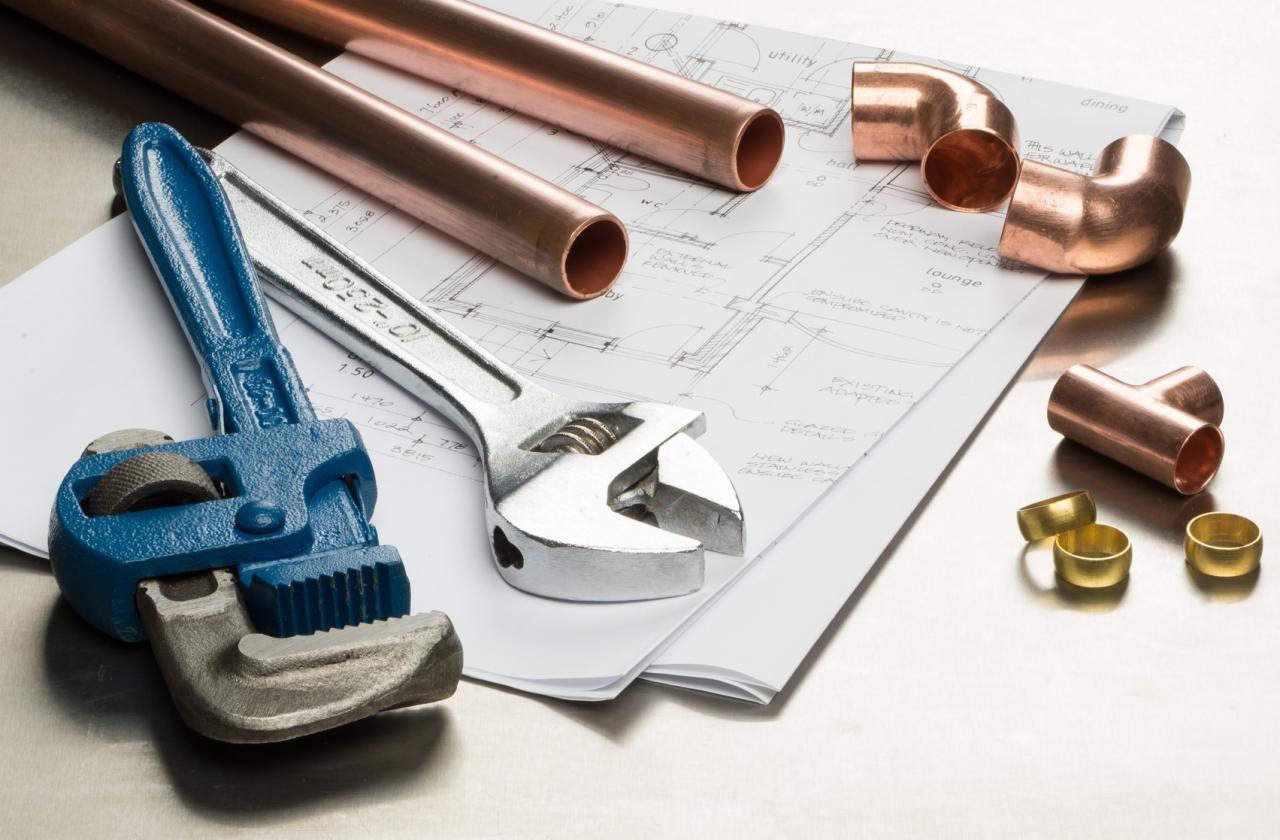
There is a long list of sensible economic policies that have failed in practice because of poor implementation. In both the developed and developing world, when insufficient thought is given to how to put a policy into practice, it can lead to frustration and even disillusionment with the original idea, which could have been economically sound.
One of the best examples of this was the Affordable Care Act (Obamacare) in the United States. Disillusionment with the policy has grown ever since it was launched. Online insurance exchanges where people could choose policies were riddled with technical glitches and many had their existing insurance policies cancelled as these didn’t meet new regulations – despite the president’s promise that those with existing healthcare plans could keep them. This has fuelled calls for the entire reform to be rolled back despite increasing the number of Americans with insurance coverage. It was the implementation or “plumbing”, rather than the policy, which was poorly designed.
Esther Duflo, a renowned French economist from MIT, whose research focuses on ways to implement economic policy more effectively, argues that these plumbing issues in policy design and implementation present economists with an opportunity. She believes they should “seriously engage with plumbing” in the interests of both society and the profession. As economists are increasingly getting the chance to help governments design new policies and regulations, they should be “more concerned about ‘how’ to do things than about ‘what’ to do,” according to Duflo.
Duflo, who is also co-founder and director of the Abdul Latif Jameel Poverty Action Lab (J-PAL), recently visited INSEAD to present her paper, “The Economist as Plumber”. Aside from designing policy machinery, economists, she says, should both work on installing the machine in the real world and then carefully watch what happens to “tinker” as needed.
The plumber’s job
She cites an actual plumbing example to illustrate the point. In 2007, a firm in Tangiers was building piping and installing toilets in houses. In collaboration with the city, it offered interest-free loans to poor households to cover the costs of their home water connections. But take-up of the subsidised loan programme only reached 10 percent. The barrier turned out to be an administrative one. Applying for the loan required a trip to the municipal office with supporting documents, something many people had little time for. When the research team started randomly visiting houses and offering assistance by photocopying the required documents at home and delivering them to the municipal office, take-up for loans rose to 69 percent. The lack of attention to the final step of this policy was what was lacking, and subsequently fixed.
During an interview with Duflo, she expanded on ways economists can think like plumbers, how they can “pay attention” to what happens on the ground and tinker to make policy work. Fortunately, economists are already well-placed for the job. They tend to spend a lot of time thinking and worrying about the causal effects of policies and they are increasingly involved in incentive design. These are crucial considerations for “design of the tap” work that Duflo argues is one of two main responsibilities of economist-plumbers; the other being “layout of the pipes”.
The increasing adoption of “nudges” in public policy, based on the research of Richard Thaler and Cass Sunstein demonstrates potential for economics in “design of the tap” issues. Thaler and Sunstein’s work focuses on designing “choice architectures” to get people to make better choices. This has spawned the creation of “nudge” units in the British and American governments that help design and implement their ideas in public policy. In 2017, Thaler won the Nobel Prize in economic sciences for his work.
The second part of the plumber’s job description is “layout of the pipes”. These are logistical arrangements that are essential to a policy’s functioning. This can include simple aspects of policy implementation such as money transfers between central governments and far away provinces in developing countries. For pipe layout to be effective, economist-plumbers need to carry out experiments. One type of experiment that Duflo favours is randomised controlled trials (RCTs), which she says can take the guess work out of implementation. She used RCTs, experiments that contain control groups receiving a treatment compared to other groups receiving no treatment, in developing countries to uncover effective ways to immunise children, reduce rates of malaria and get children into school.
She set up three types of immunisation camps. One made access easy, by organising monthly immunisation sessions. One gave a kilo of lentils for each child immunised as well as arranging monthly sessions and the third group operated as a control to compare the results. The kilo of lentils came out on top as the best incentive to get children immunised.
When it came to reducing rates of malaria, RCTs aimed to find out whether people would pay for bed nets to protect themselves from mosquitos (and therefore value them). The researchers also wanted to find out if giving nets away for free would discourage them from buying another batch later. It turns out that people don’t get used to handouts, they get used to nets, because her experiments showed those who received free nets were more willing to buy them one year later than another group that was made to pay for them, albeit at a discounted rate.
For school attendance, she found that explaining the benefits of education to parents was exponentially more effective than hiring extra teachers or providing school meals.
Crucially, all of these findings run against one’s intuition of what would be most likely to work. These experiments uncovered insights that enabled better policy design.
Where the blockages are
Aside from designing and tinkering with policies to help the public, the economist-plumber also needs to consider that the policymaker not only suffers from limitations but can also be influenced by incentives. Designing a choice architecture for the end consumer may also need to involve an incentive architecture for government employees.
There are also numerous potential hurdles in policy implementation. Most bureaucrats are not very good plumbers. And even when they understand the economics and the merit of a plan, they may not be willing to implement the way it has been recommended or even implement it at all. Ideological and political optics are also crucial considerations for economist-plumbers. My experience in the public sector shows that policymakers tend to be more risk-averse than business executives. Having been elected on promises to enact certain policies, they worry that rolling back or “tinkering” with a policy that has been rolled out will be too difficult to justify to voters.
Nevertheless, the profession seems to be slowly moving in Duflo’s direction. Academics entering the field are increasingly looking for opportunities to put theory into practice. Many have conducted RCTs, Duflo’s tool of choice, and many are working with governments to gather data and get involved in the process from start to finish. Involved from conception to implementation of policy, younger economists in the field have the opportunity to answer more questions and uncover more practical answers to real human challenges. This larger field for economists is likely to be a rewarding one. Duflo is a symbol of what is possible. Having already received the John Bates Clark Medal, many in the field are wondering when she will win the Nobel Prize.
Esther Duflo delivered a public lecture on her paper, “The Economist as Plumber”, during a visit to INSEAD’s Europe Campus on December 6, 2017.
-
View Comments
(5) -
Anonymous User
Hi, this was a great article and being a plumber myself I couldn't agree more! I especially liked this... "is “layout of the pipes”. These are logistical arrangements that are essential to a policy’s functioning.".
I like the word logistical, that is truly what we do to get everything to coordinate and I never thought the theories of plumbing could be applied to economics. I'm going to share this, thanks!
Best,
Tom
Anonymous User
Its a great write-up!!
Anonymous User
Being a plumber I can relate to your analogies. In a way, it's funny but so true. Good article.
Anonymous User
The Economist J.K.Galbraith was a qualified plumber. Suddenly I see the point!
-
Leave a Comment





Anonymous User
19/06/2020, 05.41 am
Thank you so much for sharing this article and highlighting some key points.
Often times I think plumbers are neglected and not respected as tradespeople, but when I see articles are written like this, that clearly addresses how foolproof it is for plumbers and how they can survive through any economy, whether there are good bureaucrats to decide their fate or not. it makes sense then.
This was my favorite section of this article: "Most bureaucrats are not very good plumbers. And even when they understand the economics and the merit of a plan, they may not be willing to implement the way it has been recommended or even implement it at all. Ideological and political optics are also crucial considerations for economist-plumbers."
Thanks again for sharing this article. I can't wait for the next one.